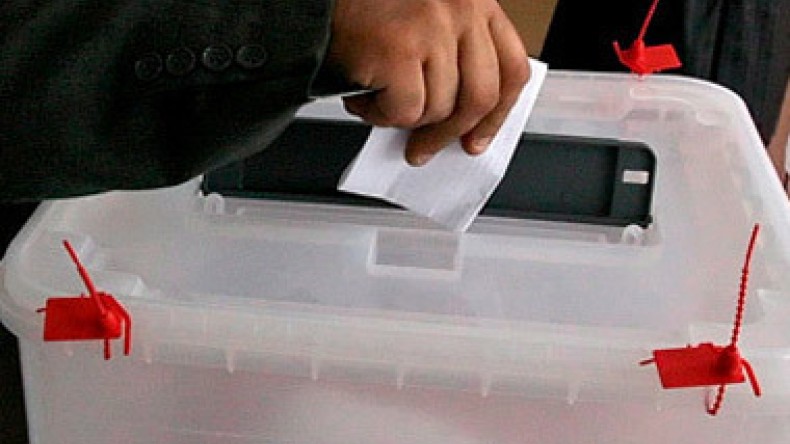
The Guardian: UN special rapporteur believes elections in Azerbaijan were close to elections in Cambodia, Swaziland and Zimbabwe
Three weeks ago, the people of Azerbaijan went to the polls in a presidential election plagued by irregularities. The poll was roundly criticised by the international community. But after hearing similar criticisms this year after elections in Cambodia, Swaziland, Zimbabwe and elsewhere, the words feel a bit hollow, writes Maina Kiai, a UN special rapporteur on the freedoms of peaceful assembly and of association, published in the Guardian. A new approach to election monitoring is required.
According to Maina Kiai elections do not take place in a vacuum, and their quality cannot be judged solely by what happens during the vote. We must also examine what happens before and after elections, and survey the long-term rights landscape, particularly the rights to freedom of peaceful assembly and association.
According to the article election periods are a time for citizens to express their collective will and confer legitimacy on governments. People should be given more space – not less – to exercise their assembly and association rights. If they are not, it fundamentally undermines the legitimacy of the process. And that calls into question the legitimacy of the government itself.
“In Azerbaijan, for example, problems did not start on election day. Peaceful demonstrators were increasingly targeted long before a smartphone app prematurely announced the election results,” UN special rapporteur states. According to the author almost the same was taking place in Malaysia, Kenya and Cambodia.
He states that such abuses should be condemned outright for what they are: clear human rights violations that undermine the legitimacy of the democratic process. It does not matter if they happen on election day.
“Observers acknowledge serious human rights issues in a given country, yet claim that elections in that state still "substantially reflect the will of the people. There is no room for such intellectual acrobatics," Maina Kiai believes.
“I call upon UN member states to improve their efforts to facilitate and protect assembly and association rights during all phases of election periods. States must recognize that these rights play a decisive role in the emergence and existence of effective democratic systems. They allow for dialogue, pluralism, tolerance and broadmindedness. They are a prerequisite for a legitimate democracy,” UN representative writes.
He also recommends that election observation standards be raised, to place more emphasis on the long-term health of assembly and association rights in determining whether an election was genuine. This applies equally for the periods before, during and after the election.
“The idea that we should accept elections that "substantially reflect the will of the people" is not good enough. The international community must strive for something better. Democracy is a year-round job, not a one-off ritual that happens on election day. It's time we broaden our criteria to reflect that fact,” concludes Maina Kiai.
On October 9 presidential election were held in Azerbaijan during which incumbent President Ilham Aliyev received 84.54% of votes. Jamil Hasanli, a single candidate from the opposition National Council of Democratic Forces, was on the second place. He scored 5.53% of the vote.
Newsfeed
Videos






























